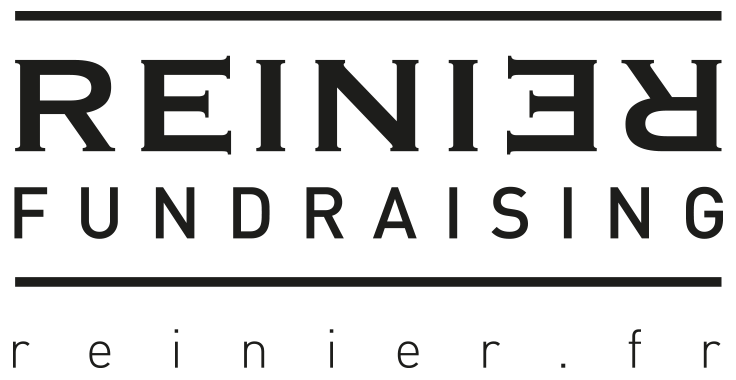One-night stands ruin your fundraising
“Originally, a one-night stand was a single theatre performance, usually by a guest performer(s) on tour, as opposed to an ongoing engagement. Today, however, the term is more commonly applied to a single sexual encounter, an example of casual sex, in which neither participant has any intention or expectation of a long-term sexual or romantic relationship.” (source: Wikipedia)
Hope I caught your attention. Sex usually does, so I guess you’re still reading. In this post a one-night stand opposes the long term focus in fundraising, which is trying to engage in meaningful and lasting supporter relationships.
In my last blog post about donor loyalty I promised to come back on the fact that most fundraising programs are missing a long term angle. There is too much focus on one-night stands. Or at least, lasting supporter relationships are not the center of our attention…
Fundraising is (often) not about short term successes. Sure, you can use windows of opportunity when you see them, but the ultimate goal is to set up a lasting relationship, which will result in more funding over time with less cost. There are not a lot of fundraisers who would disagree with this. However, if you take a closer look at your fundraising programs, you’ll see that in most programs the long term angle is missing in many places.
In direct debit acquisition programs we are more and more aware that donors need to stay longer than the first year. In projections for acquisition programs one of the first things to look at is if first year attrition is taken into account. In many excel documents this very important variable is missing, which causes fundraising campaigns to have great returns on investments, while in fact they don’t. What happens if you take into account the 10%-80% of the donors you’ve recruited who cancel their direct debit in the first year? This can change your ROI drastically.
Basically, a projection of the ROI of a fundraising campaign without first year attrition says absolutely nothing! Agencies who try to pitch you a new campaign, normally leave out this first year attrition, when they present your first year returns to you. And now you know why.
But, then we move on to the following years. Do you project these figures as well? It’s possible that first year ROI could be better for project A than project B. However, project B could still be a better acquisition tool if you take longer term variables into account.
Example: attrition for Project A is 30% in year 1, and then remains 30% in year 2 and 3. The attrition for Project B from year 1 to 3 goes from 40%, to 15%, to 5%. In other words, after 3 years, Project A has only 10% supporters left and Project B 40%, while at a first year glance Project A seems better.
So, the ROI should be projected into the future to make sure you’re making the most efficient investments. And maybe even more important: acquisition programs should be reported on a few years down the line. How many of your donors recruited 3 years ago in your direct dialogue campaign are still with you? This is the information you can use in your long term projections.
But we can also see a lack of long term focus in “warm” campaigns. Strangely enough many fundraisers project and report upgrade or re-activation telemarketing campaigns only for the first year. Wouldn’t it be interesting to know what the effect is on the long-term? Usually an upgrade campaign increases retention, but what if that is not the case for your nonprofit? And if you reactivate your lapsed donors, do you keep track of them, or do they receive the same supporter communication they didn’t find very interesting the first time they went down that road? That can’t be right…
If we don’t focus on the long term, we can’t expect supporters to stay with us on the long term. We need to make decisions right now that will be the basis for our relationship in the future. We need to gather the data to support those decisions. A one-night stand focus leads to decisions that shorten the relationships with our supporters. In fact, you don’t even start a relationship.
My guess is that in your daily life, you also prefer a meaningful and long lasting relationship instead of that one-night stand?
[This post is slightly adapted from a post that first appeared on 101fundraising]

